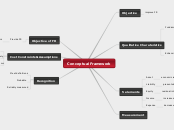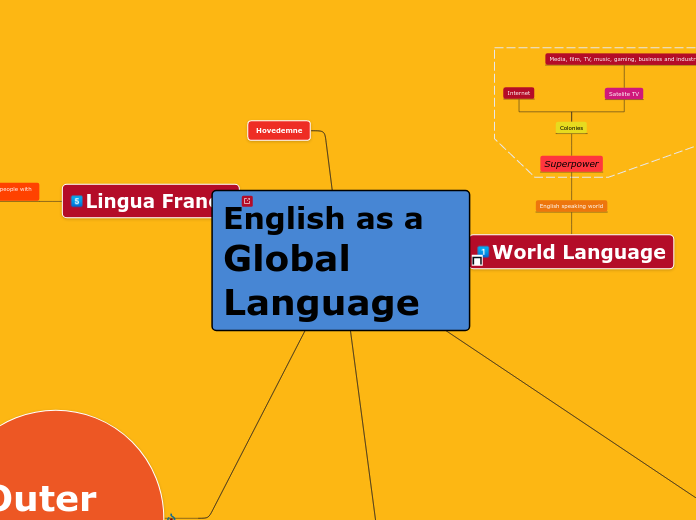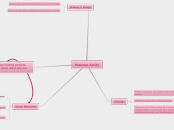Play in Contemporary Classrooms
Contemporary Directions
Play is challenged
Recess seen as threat of
taking precious academic time
Leading to obesity and bad habits
Academic pressure to show results
and play cannot concretely do so
Play put aside to devote more time
to instructional skills
Social Justice and Equity
Research on how play becomes context in which children
confront larger social issues
Sex role expectations and biases
Poverty and wealth expressions
Use race on deciding playmates/
roles for certain races
Materials
Controversial Materials
Toys that promote violence, stereotyping,
noneducational shows, and technology
Toys based on TV shows
Can create shared-play situation
Not age appropriate
Encourages consumerism
War Play
Can meet emotional need that's
being explored
Teaches children violence solves problems
Categories
Realistic
Look more like the object that
they are meant to represent
Toy car
Can be closed ended
Puzzles
Can be open ended - used in
many different creative ways
Playdough/blocks
Social and Communicative Role
Social Setting
Children negotiate what roles, where to play
and who plays
Supported when teacher includes play
objects that prompt children to think how to act
within their cultures
Form own peer cultures - usually transmitted orally
Concerning because often challenges authority
Contributes to social status in classroom
Gives means for solidifying social groups
and group identities
Signaling Play
What is said is untrue, but follow along to
participate in play
Communication between two or more,
especially language
May be a necessary foundation
for later literacy
Change themselves, type of activity and rules
Play with sounds of voices, rhyming, nonsense
History
Late 19th/Early 20th Century
Maria Montessori
Child-centered curriculum for
disadvantaged children
Work activities designed to develop skills
Seen like play - repeated activities and used senses
Implemented in U.S. after exhibition in 1915
Stanley Hall
Creating scientific basis for teaching
Sigmund Freud saw play as coping mechanism as balance needs with social pressures
Called attention to children's emotions and play therapy for dealing with problems
Karl Groos saw play as practice for future life
informed work on development and education
John Dewey made laboratory school
and disagreed with Hall
Saw play as a way that children build ideas by doing
Play actions serve purposes; learn social skills
Children and play go through
developmental stages
Play helps children be more civilized
Play identified with evolutionary stages
19th Century
German immigrants brought
Kindergarten to U.S.
Two Views
Free play with Froebel's objects
and children choose what to do
based on interests
Teacher guides play directly
with close supervision
Some states made K part
of public schooling
Froebel
First to create play-based curriculum
where children could naturally learn
Used "gifts and occupations" (balls, paper folding, etc)
to encounter physical world, math, and art
Based on learning between mom & child
Sparked the debate on direct teaching vs.
"natural" learning by play
Cognitive Role
Lev Vygotsky
Play is learning itself
Students forced to learn about world - makes it
an idea that is separated from any real experience or daily actions
Different cultures will have different pay tools that connect
to larger cultural ideas
Play is not just a stage; opens children's minds to their
society's world of ideas where they are supported to think
on higher levels
Jean Piaget
Stages of Play
Functional, symbolic, games with rules
Inspired play as necessary and research
on the effects of play interventions
Play is how children assimilate experience on their
way to learned knowledge - not how children learn
but way they practice their thinking
It is how students begin to create
symbols that reflect their thought









